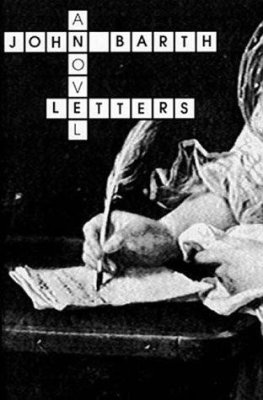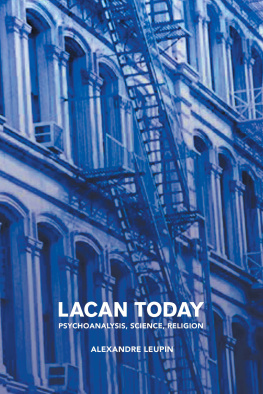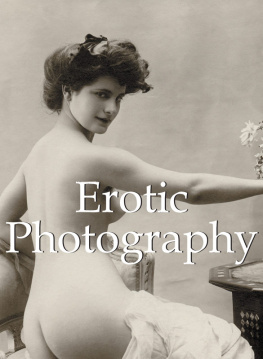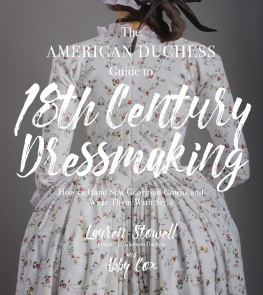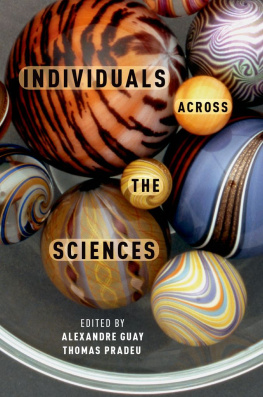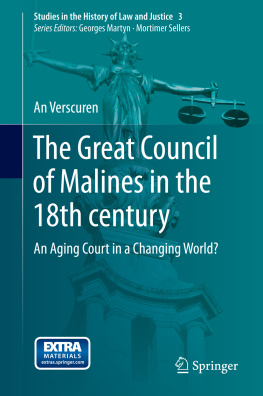The International Library of Sociology
MEN OF LETTERS AND THE ENGLISH PUBLIC IN THE EIGHTEENTH CENTURY
The International Library of Sociology
HISTORICAL SOCIOLOGY
In 9 Volumes
I | America: Ideal and Reality | Stark |
II | British Social Work in the 19th Century | Young et al |
III | Farewell to European History | Weber |
IV | A History of Autobiography in Antiquity Part One | Misch |
V | A History of Autobiography in Antiquity Part Two | Misch |
VI | Men of Letters and the English Public in the 18th Century | Beljame |
VII | New Trends in Education in the 18th Century | Hans |
VIII | Peasant Renaissance in Yugoslavia 1900 - 1950 | Trouton |
IX | Sociology of the Renaissance | Von Martin |
MEN OF LETTERS AND THE ENGLISH PUBLIC IN THE EIGHTEENTH CENTURY
1660 - 1744, DRYDEN, ADDISON, POPE
by
ALEXANDRE BELJAME
Edited, with and Introduction and Notes by
BONAMY DOBRE
Translated by
E. O. LORIMER
English edition first published in 1948 by
Routledge, Trench, Trubner and Co., Ltd
Reprinted 1998, 1999, 2000, 2001 by
Routledge
2 Park Square, Milton Park, Abingdon, Oxon, OX14 4RN
Transferred to Digital Printing 2007
Routledge is an imprint of the Taylor & Francis Group
1948 Alexandre Beljame
All rights reserved. No part of this book may be reprinted or reproduced or utilized in any form or by any electronic, mechanical, or other means, now known or hereafter invented, including photocopying and recording, or in any information storage or retrieval system, without permission in writing from the publishers.
The publishers have made every effort to contact authors/copyright holders of the works reprinted in The International Library of Sociology. This has not been possible in every case, however, and we would welcome correspondence from those individuals/companies we have been unable to trace.
British Library Cataloguing in Publication Data
A CIP catalogue record for this book is available from the British Library
Men of Letters and the English Public in the 18th Century
ISBN 0-415-17610-7
Historical Sociology: 9 Volumes
ISBN 0-415-17825-8
The International Library of Sociology: 274 Volumes
ISBN 0-415-17838-X
Publishers Note
The publisher has gone to great lengths to ensure the quality of this reprint but points out that some imperfections in the original may be apparent
CONTENTS
IV Political Literature under James II: Sprats Account of the Horrid Conspiracy against the Late King (Rye-House Plot).Dryden and Stillingfleet discuss religion.The Anglican Clergy join in polemics against the King.The Hind and the Panther by Dryden.Montague and Priors The Country-Mouse and the City-Mouse.Overthrow of James II
VIII Increase in the number and quality of readers.The influence of politics.The influence of Addison and his imitators.An English reading-public is well established
FOREWORD
Before embarking on my subject, it will be advisable briefly to define the words of my title.
By Man of Letters I mean a writer who lives by his pen and who is able by his works alone to achieve independence and, if he deserves it, distinction.
By Public I do not mean the public of theatre-goers so much as the body of intelligent people who are interested in the various forms of literature, the people who read and buy books.
So long as a nation lacks such a public, so long as education is the privilege of a chosen few, so long as the taste and habit of reading are not common to a considerable proportion of society, it is obvious that the sale of their works will provide writers with an income so uncertain and so inadequate that they cannot be men of letters in any sense of the term.
The starting-point of this study of mine is therefore the gradual growth of an enlightened and interested public.
How does such a public come into being? By what degrees and by what means has it been formed? What part have men played, and what influence have events had, in forming it?
What influence has its development exercised on writers? What effect has its existence had on their position in society?
These are the questions I have tried to answer. It seemed to me that in a country like England, and in a literature like English literature, these questions were not unworthy of some attention.
The data for such a study as this really begin with a peoples first literary efforts, and I might well have gone back to the origins of English literature. I preferred to confine myself within more modest limits, and to begin my study with the accession of Charles the Second in 1660. Many reasons moreover combined to make the choice of this date appear a wise one. What may be considered the modern period of English literature begins in fact with Charles II: documents become more numerous and more accurate, facts clearer and more precise. Above all, it is with the Restoration that the picture of literary life begins to assume peculiar interest: the public enters on the scene; during the succeeding reigns we see it little by little developing and taking shape. We see at the same time the writers, after various trials and vicissitudes, begin to rise and take their place.
I have stopped at the death of Pope in 1744, because with Pope we reach the climax: with him a public has been established; the writers trade has become a liberal profession; the man of letters has won for himself the place in society which he occupies to-day.
Moreover, even with these limitations, the field of study was sufficiently vast, comprising, as it does, from different points of view almost a whole century of English social history and of English letters. My bibliography offers sufficient proof of the distance to which my researches have led me.
I should like to record how greatly I have been aided in these researches by the staff of the British Museum. During the frequent and lengthy visits I paid to the admirable library in their charge, I was invariably received by them with goodwill and eagerness to help. It is a most pleasant duty here to express to them my thanks.
In England and the United States, in France and Germany, the press has given my book a cordial welcome, for which on the threshold of its second edition I should like to offer my cordial thanks.
To the present edition, purged of some inaccuracies, I have added an Index which will, I trust, prove useful to students.
PREFACE
The translation of this book has been no easy task, for it has had to be a work of interpretation as well as of idiomatic rendering, and has itself involved scholarship. It has, for instance, been no simple matter to know exactly what, in each instance, Beljame meant by the word


